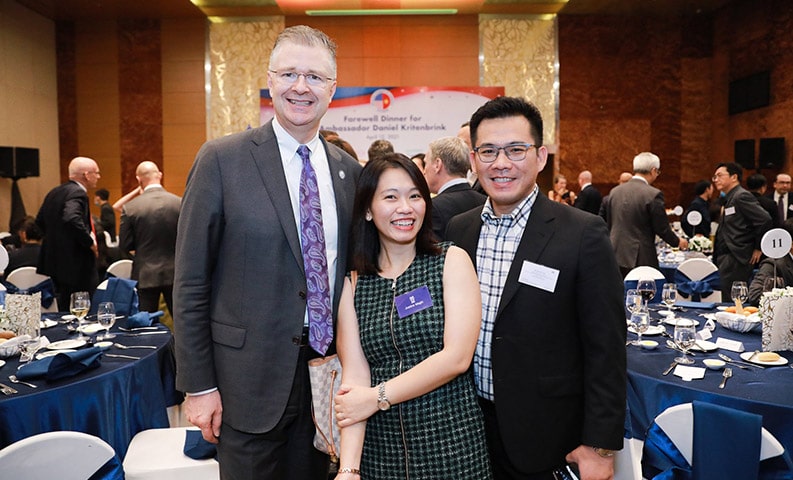Litigation, a term derived from the Latin word “litigare,” meaning “to dispute,” is the process of taking legal action through courts to enforce or defend a legal right. It involves a series of steps, from the initial filing of a lawsuit to the final resolution, often through a court trial or settlement. This legal mechanism is fundamental in maintaining the rule of law, resolving disputes, and ensuring justice in society.
The litigation process typically begins when one party, known as the plaintiff, files a complaint against another party, the defendant. This complaint outlines the plaintiff’s allegations and the legal basis for the lawsuit. The defendant is then served with a summons and a copy of the complaint, providing formal notice of the legal action.
1. Pleadings: The initial phase of litigation involves pleadings, where both parties submit written statements. The plaintiff files a complaint, and the defendant responds with an answer, which may include counterclaims against the plaintiff. This exchange of documents establishes the issues in dispute and the positions of each party.
2. Discovery: Discovery is a critical phase where both parties gather evidence to support their claims and defenses. This process includes depositions, interrogatories, requests for documents, and admissions. Discovery ensures that both parties have access to relevant information, promoting transparency and fairness in the litigation process.
3. Pre-Trial Motions: Before the trial, parties may file various motions to resolve specific issues or potentially dismiss the case. Common pre-trial motions include motions to dismiss, motions for summary judgment, and motions to compel discovery. These motions aim to streamline the trial by addressing legal and procedural matters in advance.
4. Trial: If the case proceeds to trial, both parties present their evidence and arguments before a judge or jury. The trial involves opening statements, witness examinations, cross-examinations, and closing arguments. The judge or jury then deliberates and renders a verdict, determining the outcome of the case.
5. Post-Trial Motions and Appeals: After the trial, the losing party may file post-trial motions, such as a motion for a new trial or a motion for judgment notwithstanding the verdict. If these motions are denied, the losing party can appeal the decision to a higher court. The appellate court reviews the trial record and determines whether legal errors were made that could have affected the outcome.
Types of Litigation
Litigation encompasses various types of legal disputes, each with unique characteristics and procedures:
1. Civil Litigation: Civil litigation involves disputes between individuals, businesses, or organizations seeking monetary damages or specific performance. Common examples include contract disputes, personal injury claims, and property disputes. The burden of proof in civil cases is typically “preponderance of the evidence,” meaning that one party’s case must be more convincing than the other’s.
2. Criminal Litigation: Criminal litigation involves the prosecution of individuals or entities accused of violating criminal laws. The government, represented by a prosecutor, brings charges against the defendant. The burden of proof in criminal cases is “beyond a reasonable doubt,” a higher standard than in civil cases, reflecting the serious consequences of criminal convictions.
3. Administrative Litigation: Administrative litigation occurs when individuals or entities challenge the decisions or actions of government agencies. These cases often involve regulatory compliance, licensing, and enforcement actions. Administrative hearings are typically less formal than court trials, with specific procedures and rules governing the process.
The Role of Attorneys in Litigation
Attorneys play a crucial role in the litigation process, representing the interests of their clients and navigating the complexities of the legal system.
They provide legal advice, draft pleadings and motions, conduct discovery, negotiate settlements, and advocate for their clients in court. Effective litigation requires a deep understanding of substantive and procedural law, strategic thinking, and strong advocacy skills.
Conclusion
Litigation is a cornerstone of the legal system, providing a structured process for resolving disputes and upholding the rule of law. While it can be lengthy, costly, and adversarial, litigation remains an essential mechanism for achieving justice and accountability.
Understanding the stages, types, and roles involved in litigation is vital for anyone navigating the legal landscape, whether as a plaintiff, defendant, or legal professional.






